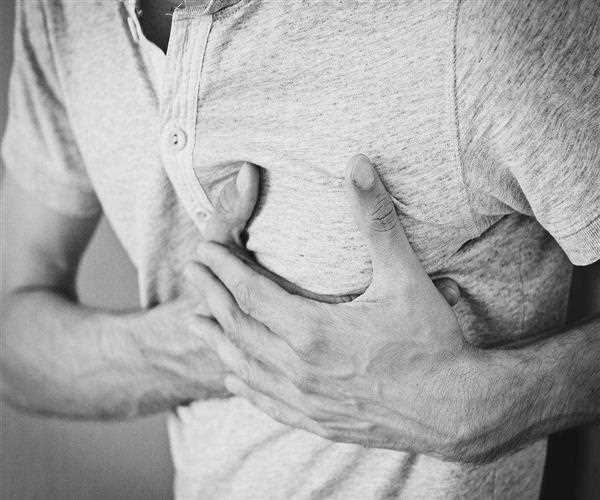What is a heart attack?
Heart attack signs and symptoms in women and men. Heart Attack Signs and Symptoms in Both Men and Women: Chest Pain or Discomfort. dyspnea; pain or discomfort in the jaw, neck, back, arms, or shoulders. Nausea, drowsiness, or abnormal weakness.
Coronary artery disease (CHD) is the leading cause of heart attack. A less common cause is severe spasms or sudden contraction of the coronary arteries, which can stop blood flow to the heart muscle.
What are the symptoms of a heart attack?
The main symptom of a heart attack,
chest pain or discomfort. Most heart attacks are accompanied by discomfort in the middle or left side of the chest that lasts for more than a few minutes or disappears and returns. The discomfort may feel like uncomfortable pressure, pressure, bloating, or pain. Weak, staggering, or fainting. You can sweat even if you have a cold sweat. Jaw, neck, and back pain, and discomfort. Pain or discomfort in one or both arms or shoulders. shortness of breath. This is often accompanied by chest discomfort, but the shortness of breath may precede chest discomfort. Other symptoms of a heart attack include abnormal or unexplained weakness, nausea, and vomiting. Women are more likely to have these other symptoms. Learn more about women and heart disease.
In some cases, a heart attack requires cardiopulmonary resuscitation (CPR) or electric shock (defibrillation) to get the heart pumping again. Persons trained in CPR or defibrillator use can assist until medical personnel arrives.
Remember that the sooner emergency treatment is started, the more likely you are to survive a heart attack.
What are the risk factors for a heart attack?
Certain health conditions, lifestyle, age, and family history can increase your risk of heart disease and heart attack. These are called risk factors. About half of all Americans have at least one of the three main risk factors for heart disease: high blood pressure, high blood cholesterol, and smoking. B. Your age or family history. However, you can take steps to reduce the risk by changing the elements you can control.
How can I recover after a heart attack?
If you have a heart attack, your heart may be damaged. This can affect the heart's rhythm and its ability to pump blood to the rest of the body. You may also be at risk for another heart attack or condition, such as a stroke, kidney disease, or peripheral artery disease (PAD).
Here are some steps you can take to reduce your chances of future health problems after a heart attack:
Physical Activity-Talk to your medical team about what you do every day in your life and work. For some time after a heart attack, your doctor may want you to limit your work, travel, or sexual activity.
Lifestyle Changes – In addition to taking prescription medications, eating a healthier diet, being more physically active, quitting smoking,d managing stress can all help with heart health and quality of life. It helps to improve. To assist with these lifestyle changes, ask your healthcare team to participate in a program called cardiac rehabilitation.
Cardiac Rehabilitation-Heart rehabilitation is an essential program for survivors of a heart attack, heart failure, or other heart problem that requires surgery or medical procedures. Cardiac rehabilitation is a surveillance program that includes:
physical activity
Education about a healthy life, such as eating a healthy diet, taking medications as directed, and how to quit smoking
Counseling to find ways to reduce stress and improve mental health
A team of healthcare professionals, exercise and nutritionists, physical therapists, counselors, or mental health professionals can assist with cardiac rehabilitation.




Leave Comment